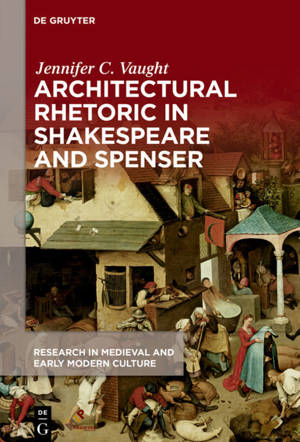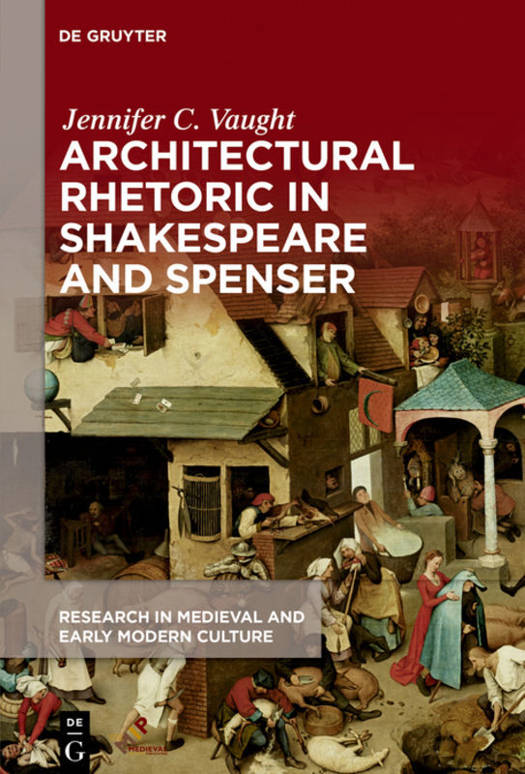
- Retrait gratuit dans votre magasin Club
- 7.000.000 titres dans notre catalogue
- Payer en toute sécurité
- Toujours un magasin près de chez vous
- Retrait gratuit dans votre magasin Club
- 7.000.000 titres dans notre catalogue
- Payer en toute sécurité
- Toujours un magasin près de chez vous
Description
Jennifer C. Vaught illustrates how architectural rhetoric in Shakespeare and Spenser provides a bridge between the human body and mind and the nonhuman world of stone and timber. The recurring figure of the body as a besieged castle in Shakespeare's drama and Spenser's allegory reveals that their works are mutually based on medieval architectural allegories exemplified by the morality play The Castle of Perseverance. Intertextual and analogous connections between the generically hybrid works of Shakespeare and Spenser demonstrate how they conceived of individuals not in isolation from the physical environment but in profound relation to it. This book approaches the interlacing of identity and place in terms of ecocriticism, posthumanism, cognitive theory, and Cicero's art of memory. Architectural Rhetoric in Shakespeare and Spenser examines figures of the permeable body as a fortified, yet vulnerable structure in Shakespeare's comedies, histories, tragedies, romances, and Sonnets and in Spenser's Faerie Queene and Complaints.
Spécifications
Parties prenantes
- Auteur(s) :
- Editeur:
Contenu
- Nombre de pages :
- 238
- Langue:
- Anglais
- Collection :
- Tome:
- n° 24
Caractéristiques
- EAN:
- 9781501517938
- Date de parution :
- 23-09-19
- Format:
- Livre relié
- Format numérique:
- Genaaid
- Dimensions :
- 155 mm x 230 mm
- Poids :
- 507 g







